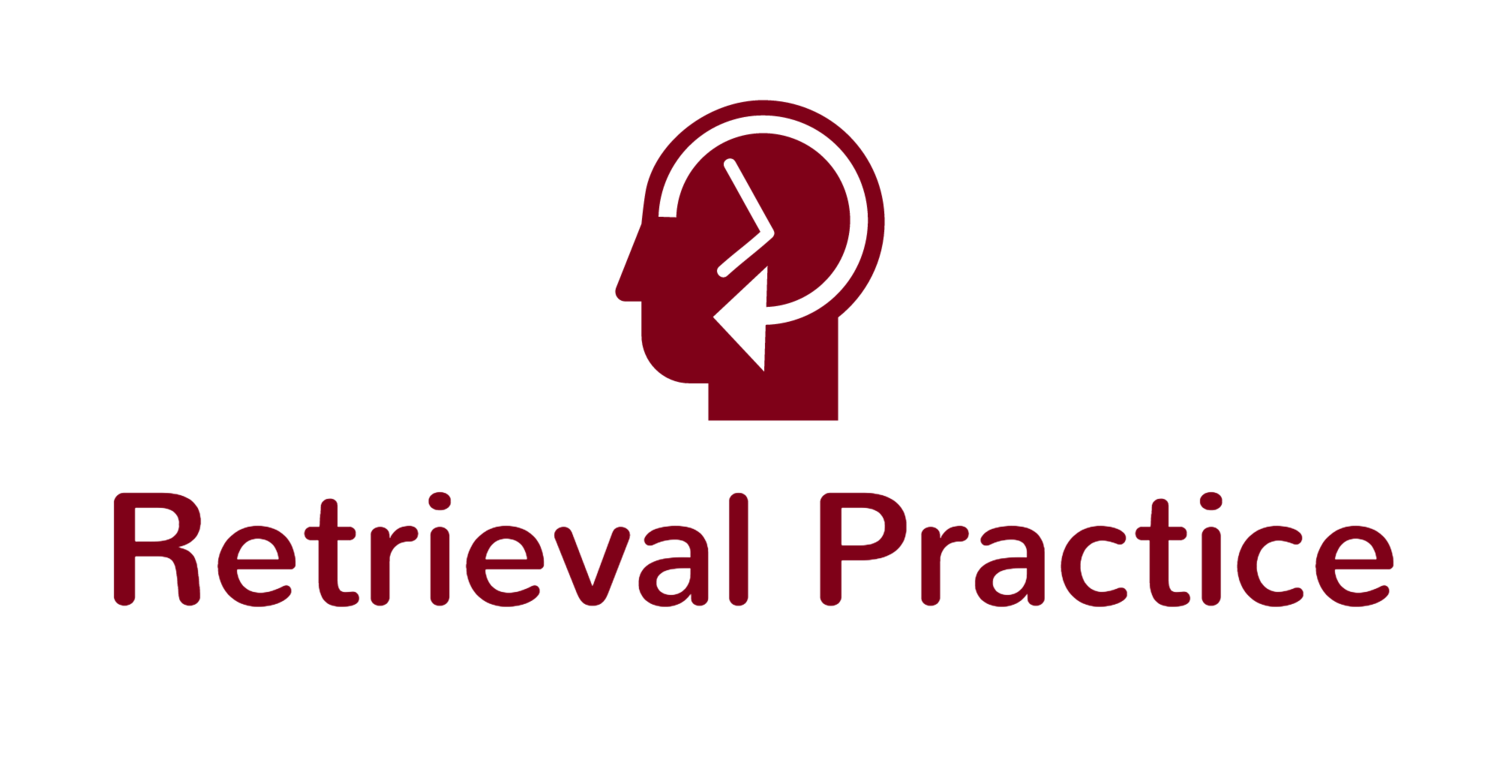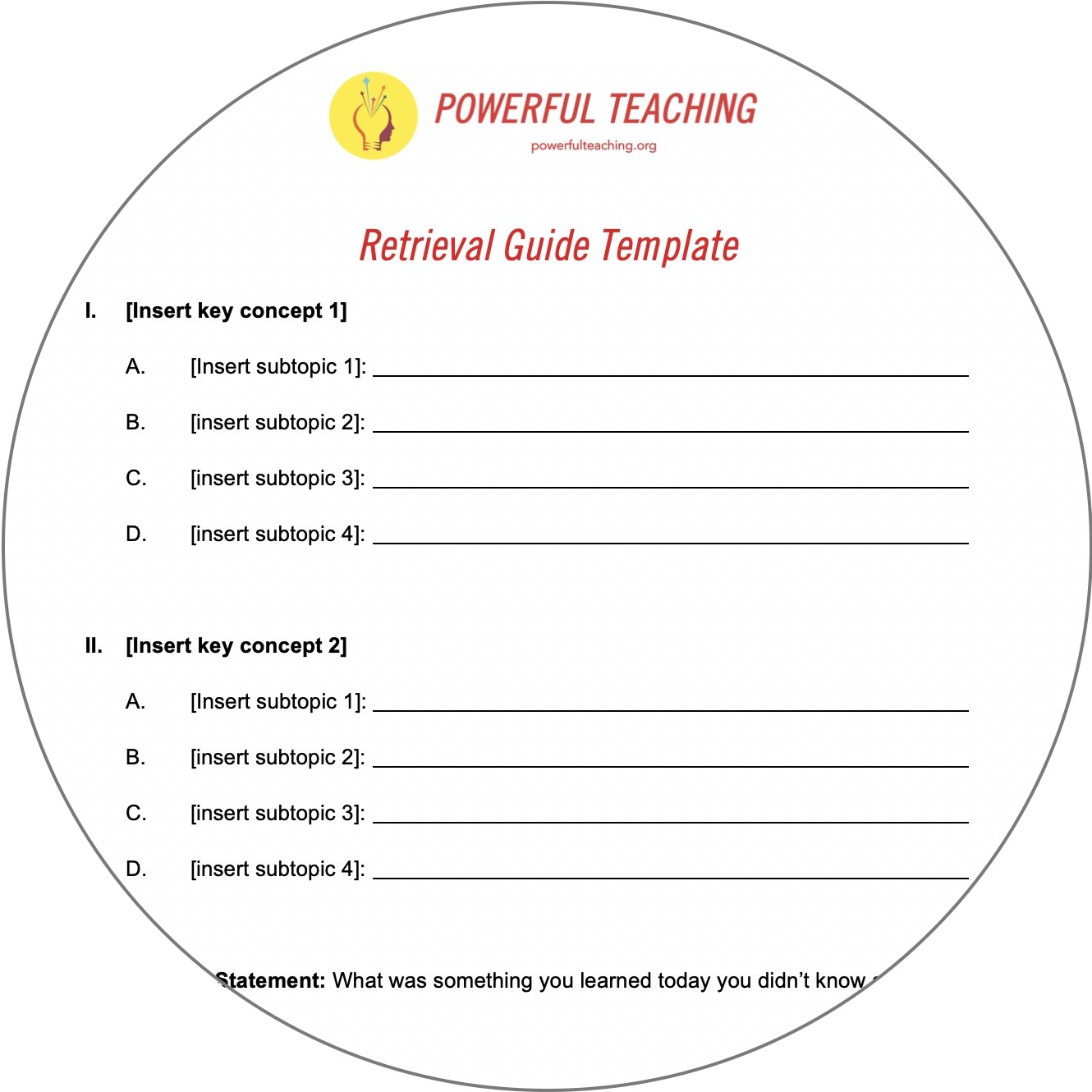Retrieval practice is not a test (so stop calling it that)
/By Pooja K. Agarwal, Ph.D.
Have you heard of the "testing effect" or "test-enhanced learning?" Let's clarify: Retrieval practice is not a test; it's the opposite.
When you're talking about retrieval practice, stop using the word "test." But why? Read more below. (Fun fact: the word "testing" appears only once in our book, Powerful Teaching.)
More ways you can get involved in the science of learning:
Get the link for our informal Zoom party this Friday, June 10
Download all of our free resources from Google Drive
Explore our newest list of cognitive scientists. You can follow them on Twitter!
Retrieval practice is not a test
When we talk about retrieval practice, we are not talking about testing. The phrase “testing effect” is commonly used in the research literature (and increasingly in blogs and social media). However, retrieval practice in the classroom takes many forms that differ from the typical use of a test.
Retrieval practice includes low-stakes and no-stakes writing prompts, brief quizzes, flashcards, Kahoot, Quizlet, etc. Research demonstrates that frequent retrieval while students are initially learning information boosts their long-term memory, higher order thinking, and transfer of knowledge. Retrieval practice isn't the same thing as traditional exams or standardized testing. It's the opposite: Retrieval practice is a learning strategy, not an assessment strategy.
Here’s how we define retrieval practice: “an active attempt by a student to recall or recognize, and then reconstruct their memory of knowledge during initial learning” (Agarwal, Nunes, & Blunt, 2021).
Summative tests and exams engage students in recalling what they've learned. But the first time students retrieve should not be a midterm or a final exam. In other words, retrieval practice is literally the process of practicing retrieval (the active attempt) that shapes learning, not exams or tests. Consider thinking about it like baking a cake: a mix of retrieval practice, formative assessments, and summative assessments can be a powerful mix for students’ long term learning. Emphasize the importance of retrieval practice for learning before assessments take place.
The terms “testing,” “testing effect,” and “test-enhanced learning” create confusion between retrieval practice, summative assessments, and standardized testing. Retrieval practice is not a test, so stop calling it that.
Join our Zoom party on Friday, June 10
Join Dr. Pooja K. Agarwal, cognitive scientist, co-author of Powerful Teaching, and founder of RetrievalPractice.org, for a Zoom party Friday, June 10 from 5:00pm - 6:30pm eastern! Click here to get the Zoom link.
Theme for June 10: balancing retrieval practice, grading, and assessments (which ties in perfectly with today's update that retrieval practice is not a test).
Engage in breakout groups with educators from around the world
Live, informal, and un-recorded (Want a presentation? Watch this keynote on YouTube with Dr. Agarwal)
Stop by any time and stay for as long (or as little) as you’d like
Everyone is welcome: K–12, higher ed, non-profits, teachers, administrators, scientists, etc.
All of our downloads are FREE
Did you know that all of our resources and downloads are FREE? Get them from our Google Drive!
Free practice guides written by cognitive scientists
Free professional development Powerpoint and Google Slides
Free book club resources for Powerful Teaching and Make it Stick
Free translations in Spanish and additional languages
















